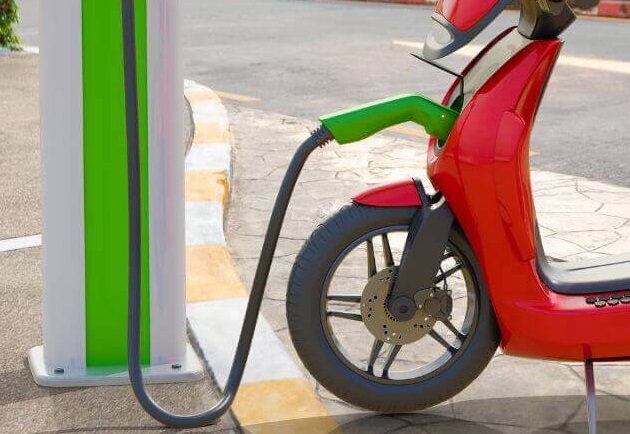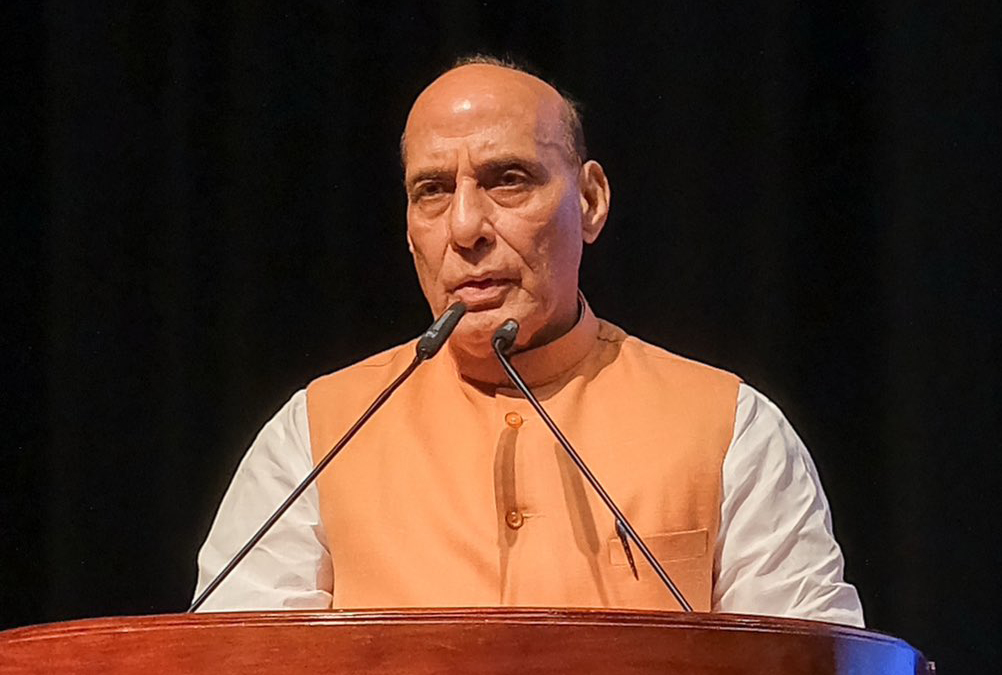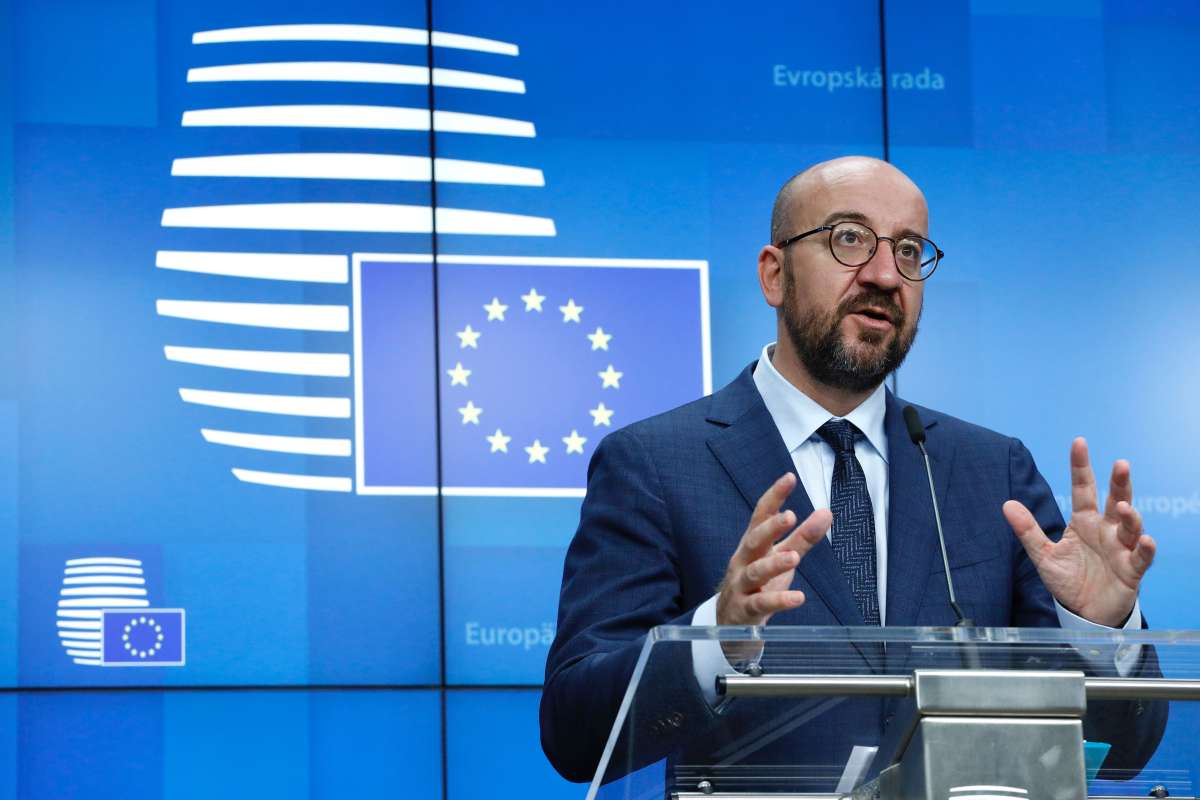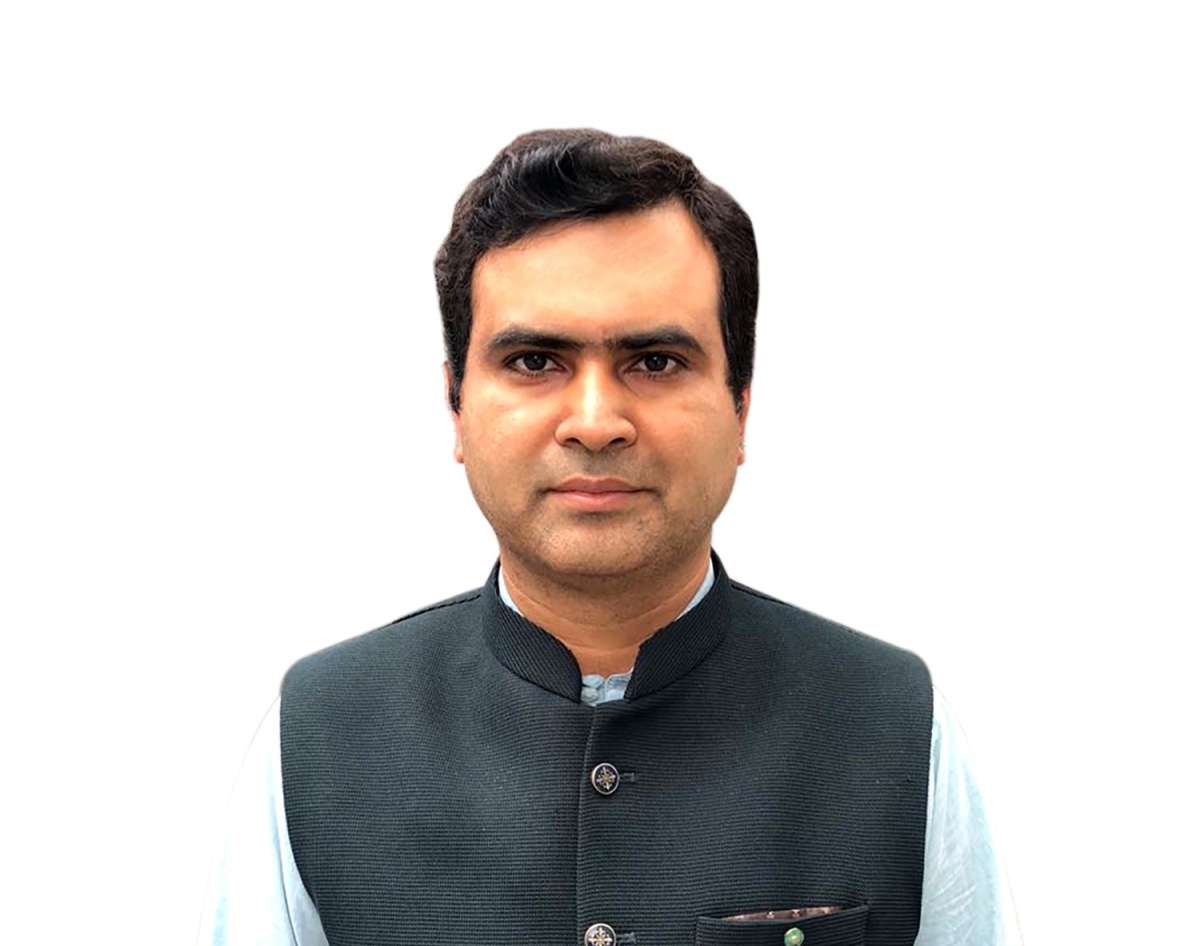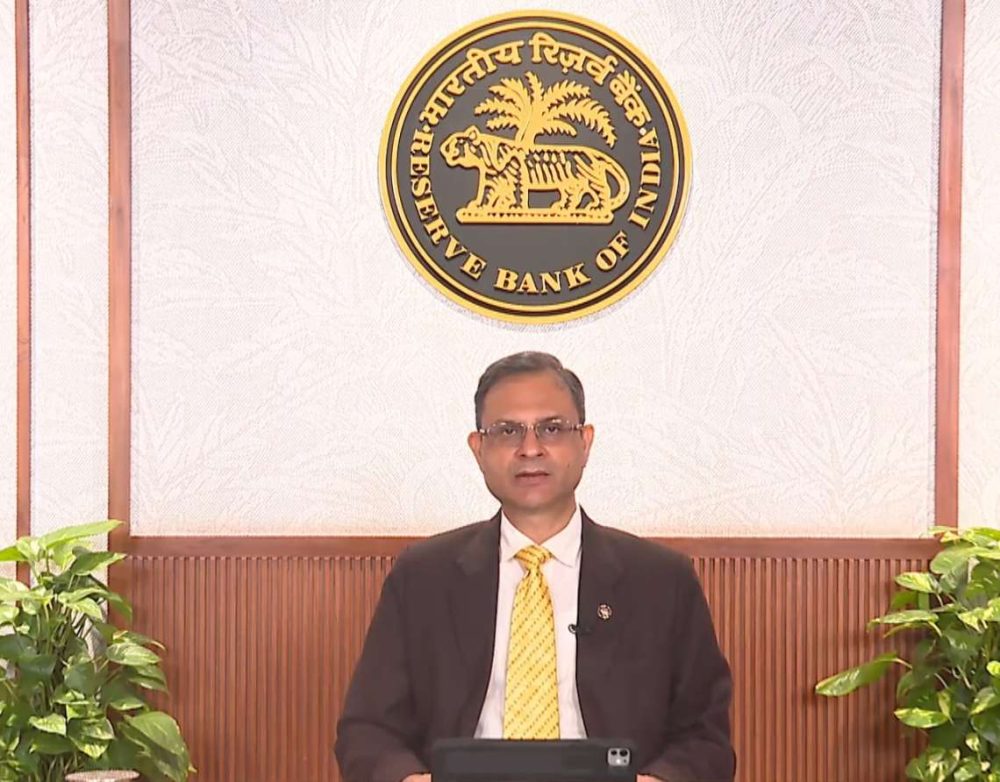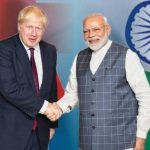To ensure an ideal ratio of 1 charger for every 40 electric vehicles, India will need to install over 4,00,000 charging stations annually, with a cumulative total of 1.32 million chargers by the targeted year…writes Nishant Arora
As reports surfaced about tech billionaire Elon Musk arriving in India next week to announce a Tesla manufacturing unit in Gujarat (although no official confirmation has come yet), the focus has once again shifted to ramp up the public infrastructure for electric vehicles (EVs) in the country in order to meet the ambitious 2030 goal of the government.
India needs to have a robust backbone for charging infrastructure across the length and breadth of the country with considerations of traffic and population density, as it aims to break the barriers for large-scale adoption of electric vehicles.
India’s top nine cities, with a population of over 40 lakh each, would require 18,000 public EV charging stations by 2030, according to the recent government data.
“As per inputs received from the Ministry of Power, preliminary studies conducted for the nine cities, which include Delhi, Mumbai, Pune, Ahmedabad, Surat, Bengaluru, Chennai, Hyderabad, and Kolkata, all with a population of over 4 million, indicate a requirement of 18,000 public EV charging stations by 2030,” according to Mahendra Nath Pandey, Union Minister of Heavy Industries.
Currently, more than 9,000 public EV charging stations are operational in the country with over 16,000 EV chargers.
India may need a minimum of 1.32 million charging stations by 2030 to facilitate the rapid adoption of electric vehicles (EVs), according to a recent report released by the Confederation of Indian Industry (CII).
It is projected that approximately 106 million EVs will be sold every year by 2030. To ensure an ideal ratio of 1 charger for every 40 electric vehicles, India will need to install over 4,00,000 charging stations annually, with a cumulative total of 1.32 million chargers by the targeted year, according to the CII report.
“The government has set the ball rolling on accelerated adoption of EVs, aiming to achieve sales penetration of 30 per cent for private cars, 70 per cent for commercial vehicles, and 80 per cent for two and three-wheelers by 2030. The foundation for this will be laid by the creation of robust charging infrastructure,” said Vipin Sondhi, Chairperson – CII National Committee on Future Mobility (2022-23) and former CEO and MD, Ashok Leyland and JCB.
“This presents a huge opportunity for India and the domestic industry”, Sondhi added, calling for a conducive policy environment to enable startups, MSMEs and large companies to rapidly roll out charging infrastructure across the country.
The government has been supporting the EV industry through schemes such as FAME1 and FAME2 with a major focus on charging infrastructure.
According to Akshit Bansal, CEO and Founder of EV charging solution provider Statiq, the evolving landscape of the transportation sector is witnessing a radical transformation, with the widespread adoption of EVs emerging as a key strategy to curb carbon emissions.
“In line with our commitment to quality and accessibility, Statiq is steadfast in its pursuit of deploying 20,000 EV charging stations by 2025. The momentum in India’s electric vehicle market is set to grow substantially, driven by government policy interventions, technological advancements, cost-effective mobility options, and an increasing environmental consciousness among consumers,” said Bansal.
The Indian EV market is experiencing notable expansion, with a particular focus on meeting the surging demand for cleaner transportation, which is also necessitating a parallel expansion of charging infrastructure to cater to escalating demand.
The country may see 1 crore electric vehicle (EV) sales annually by 2030, generating nearly 5 crore jobs, according to Nitin Gadkari, Union Minister of Road Transport and Highways.
As per the Vahan database, 34.54 lakh EVs are already registered in the country, said the minister during the ‘19th EV EXPO 2023’ late last month.
The country has the potential to become the top EV player in the world with the government’s efforts, Gadkari asserted, adding that the Centre has permitted retrofitting of existing polluting vehicles into hybrid and fully EVs.
India’s EV market has the potential to achieve over 40 per cent penetration with $100 billion revenue by 2030, a substantial increase from the current 5 per cent penetration.
This growth is expected to be driven by strong adoption (over 45 per cent) in both two-wheeler (2W) and three-wheeler (3W) categories, with four-wheelers (cars) penetration projected to grow to more than 20 per cent, according to a recent report by Bain & Company and Blume Ventures.
Electric two-wheeler (E2W) sales volume in India rose 17 per cent year-on-year in December as electrification improved after a recent hiatus, said a BNP Paribas India EV report last week.
In the E2W space, Ola Electric (Ola) remained the market leader by volume and gained market share, reaching 40 per cent. Ola gained the most market share, followed by Bajaj Auto while TVS Motor lost the most.
“Since its fall post the incentive reduction on E2Ws, penetration has consistently improved and has likely normalised to levels seen before subsidy cuts. The Bihar government unveiled a new EV policy for the next five years,” said the report.


